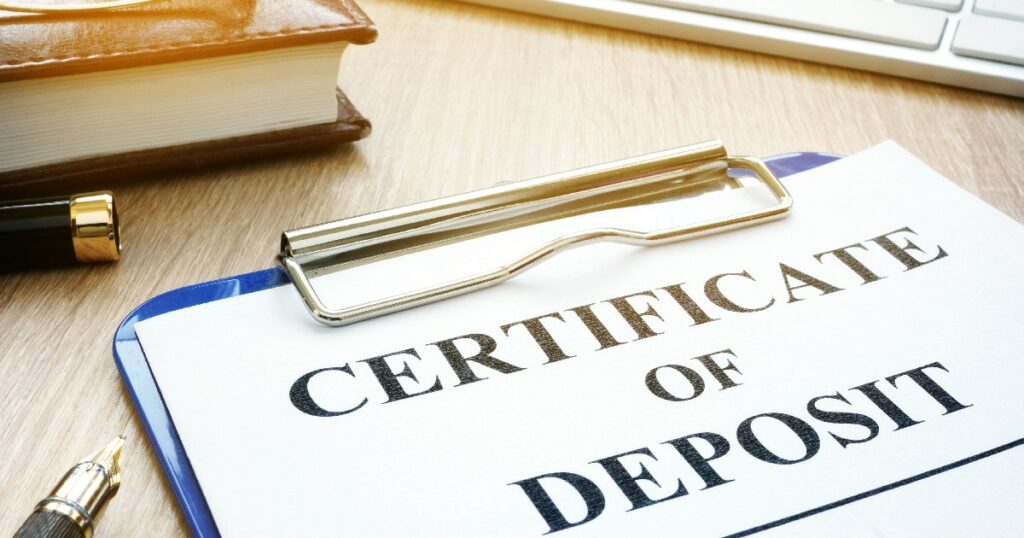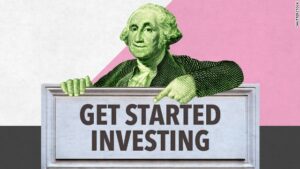Best Investments For Beginners In 2022.
If you are looking to invest as an expat or high-net-worth individual, which is what I specialize in, you can email me (advice@adamfayed.com) or use WhatsApp (+44-7393-450-837).
Table of Contents
Introduction
Here are the best investments for beginners in 2022 since many are becoming eager to dangle their toes in the waters of investing given that the stock market and apparently every other asset class are seeing growth.
However, it’s crucial for beginner investors to understand their risk tolerance before making any investments. You don’t want a nasty surprise after you’ve invested because certain investments are riskier than others. Consider your ability to go without the funds you will be investing and whether you can go a few years or longer without having access to them.
Simply explained, investment is a strategy to build your money by saving a small amount of money now in anticipation of receiving a larger sum later. But it’s understandable that getting started in investing might be difficult.
There are many factors to take into account, and each person’s financial condition is unique. This article will assist you in conducting your research, which is crucial.
7 Best Investments for Beginners
1. High Yield Savings and Certificate of Deposits
One of the simplest methods to increase your return on investment beyond that of a standard checking account is through high yield savings. High-yield savings accounts, which are frequently created through an online bank, typically offer consumers regular access to their funds while paying an average interest rate that is greater than normal savings accounts.
This might be a wonderful spot to stash money you’re keeping in case of an emergency or saving for a purchase you want to make in the next few years.
Similar to savings accounts, certificates of deposit (CDs) are another low-risk investing option. The primary distinction between them is that you agree to leave your money alone for a certain period of time and agree to pay penalties if you try to withdraw it earlier.
Additionally, the FDIC insures both savings accounts and CDs up to $250,000, protecting your funds in the case of a market crash, when issued by a federally insured bank or financial institution.

2. 401(k) Plans
This may be one of the simplest ways to begin investing and offers a number of significant benefits that may be advantageous to you both now and in the future.
The majority of businesses offer to match a part of your retirement savings that you decide to make from your regular salary. You are passing up free money if your company gives a match and you choose not to join in the plan.
A traditional 401(k) allows for pre-tax contributions that grow tax-free up to retirement age. Some businesses provide Roth 401(k)s, which let employees contribute after taxes. You won’t have to pay taxes on retirement withdrawals if you choose this option.
These corporate retirement plans are excellent savings tools since they are automated once you’ve made your first choices and allow you to contribute regularly over time.
You may also invest in target-date mutual funds, which manage their portfolios in accordance with a certain retirement date. As the goal date approaches, the fund’s asset allocation will shift away from riskier assets to accommodate for a shorter investment horizon.
3. Mutual Funds
Adding mutual funds to a portfolio is another strategy used by beginner investors. By distributing their assets across several types of securities, such as stocks and bonds, they enable customers to lower the risk involved with investing. Some people choose this as it may be a less expensive choice for professionally managed investments.
4. ETFs
ETFs, or exchange-traded funds, are like mutual funds in that they own a variety of securities, but they also trade throughout the day much like stocks do. ETFs don’t have to be invested at the same level as mutual funds, which often demand a few thousand dollars.
ETFs can be bought for the price of one share plus any applicable fees or charges; but, if your broker supports fractional share trading, you can start investing with much less.
Mutual funds and ETFs make excellent investments to hold in tax-advantaged accounts like 401(k)s and IRAs.
5. Bonds
One of the best investments for beginners is bonds. You can think of a bond as an IOU. Bonds are a type of debt you offer to a firm. Your employer firm will commit to repay you on a specific date once you acquire a bond for a specific sum with a specified interest rate.
One of the least dangerous investments you may make, your money will grow throughout that time period at the agreed-upon interest rate.
6. Annuities
Social Security and investment earnings aren’t always enough for seniors to maintain their standard of living after retirement. Because they offer a consistent income source that you cannot outlive, annuities can be a fantastic solution.
You would provide an insurance firm a big sum of cash that would increase over a 10 to 30 year period, secured by a contract between you and the insurance company. You will then start getting income that can aid in supporting your lifestyle based on the contract you sign.
7. Individual Stocks
The riskiest investment option in this list of best investments for beginners is purchasing individual company stocks, but it may also be one of the most profitable. However, you should think about whether purchasing a stock makes sense for you before you start making trades.
Ask yourself if you understand the business you are investing in and if you are investing for the long-term, which is often defined as at least five years. Because equities are valued every single second of the trading day, those who own individual stocks sometimes succumb to the short-term trading mentality.

Things You Have to Consider as a Beginner Investor
- Do-it-yourself or Hire a Financial Advisor: You can manage your own assets using an online broker, or you may hire a financial adviser (or robo-advisor) to assist you. You’ll probably save money if you do it yourself, although an adviser might be useful for individuals who are just starting out.
- Risk Tolerance: You should know your personal risk tolerance before you begin investing. Stocks, which are a volatile investment, may make some individuals feel quite uneasy when they decrease, which could lead you to sell at the worst possible time. It will be easier for you to decide whether investments are right for you if you are aware of your risk tolerance.
- Taxes: If you keep your assets in an individual or joint account, you will almost certainly have to pay taxes on the interest, dividends, and capital gains you make. These taxes can be avoided by investing in tax-advantaged retirement accounts such as an IRA.
- Financial Goals: Establish both short- and long-term objectives for saving and investing. Understanding your objectives can assist you in developing a strong plan.
- Active vs Passive: You must also determine whether you want to be a passive or active investor. A passive investor often buys low-fee diversified mutual funds or ETFs, whereas an active investor may select individual assets or mutual funds that seek to outperform the market. Passive investment has been demonstrated in studies to outperform active investing over time.
Final Thoughts
If you’re just getting started in the world of investing, be careful to think about your risk tolerance and your financial objectives before putting money into an investment. Certain investments, such as high-yield savings accounts, enable instant access to cash in case of emergency. Stocks, on the other hand, need to likely be a component of a long-term investing strategy.
Additionally, a lot of new investors use robo-advisors, where an algorithm automatically chooses and maintains a diverse portfolio of exchange-traded funds (ETFs) based on your unique financial goals and risk tolerance.
Pained by financial indecision? Want to invest with Adam?

Adam is an internationally recognised author on financial matters, with over 760.2 million answer views on Quora.com, a widely sold book on Amazon, and a contributor on Forbes.



